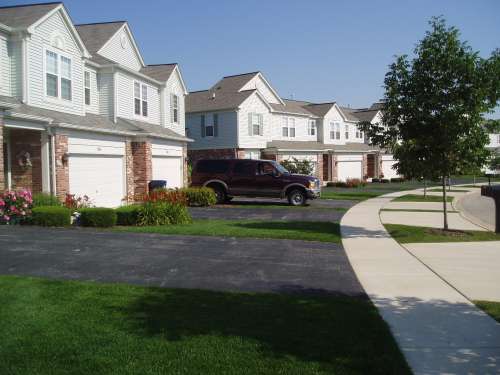Coal-tar sealants may protect your driveway—but they don’t protect water resources. Here’s the dirt:
Driveways and parking lots are coated with a sealant to protect them. But the coating needs to be reapplied every two to three years because driving on it grinds it into dust.
And that means as dust wears off, any given driveway could be polluting the water.
How so? Cheryl Kallio of the nonprofit Freshwater Future explains: “That dust is washed by the rain down into our gutters, tracked into the nearby soils, stormwater ponds, streams, lakes, [and] rivers.”
She says the dust is a problem for fish and mammals because many common asphalt sealants contain coal-tar, which includes compounds known to harm aquatic animals.
But the good news is that safer alternatives exist, and many communities have banned the use of coal tar sealants.
Get schooled:
- Learn more about coal-tar sealants and their impact at Freshwater Future
- Beef up your knowledge of all things sealant by reading through these in-depth scientific studies
The fine print:
- This segment was produced in partnership with Cornell’s Atkinson Center for a Sustainable Future






